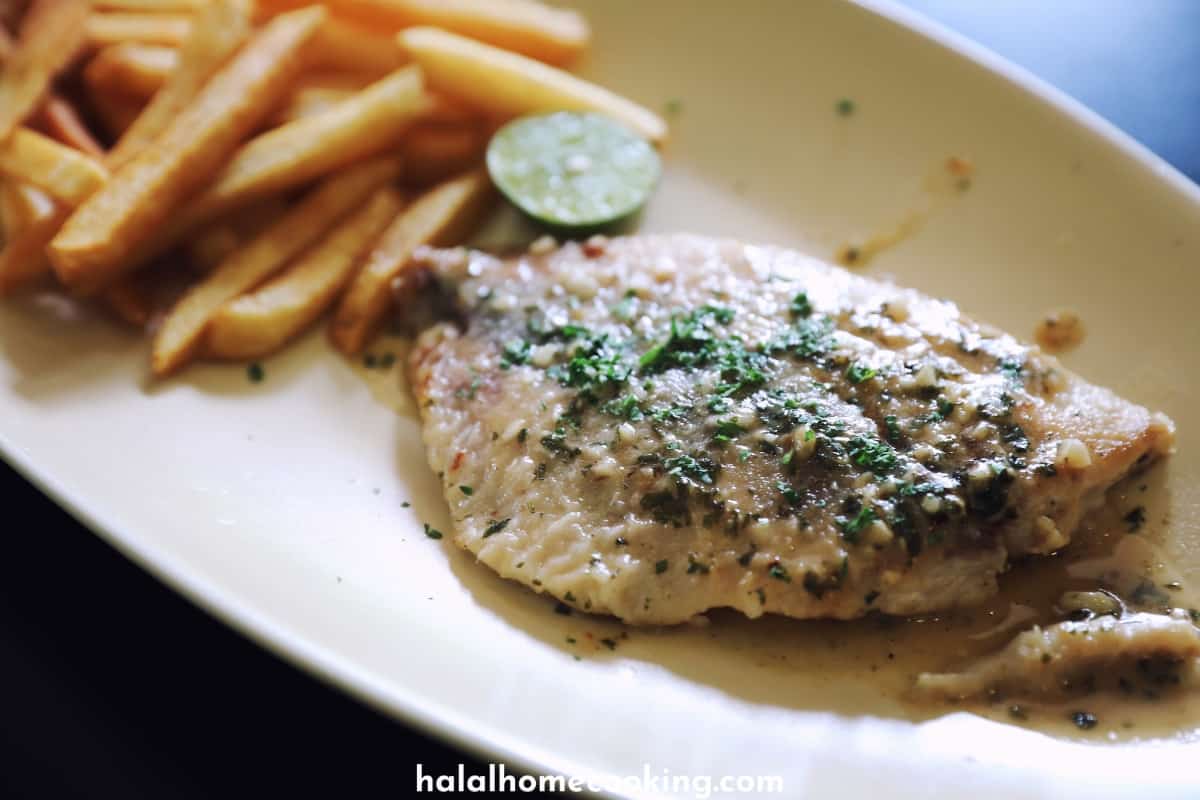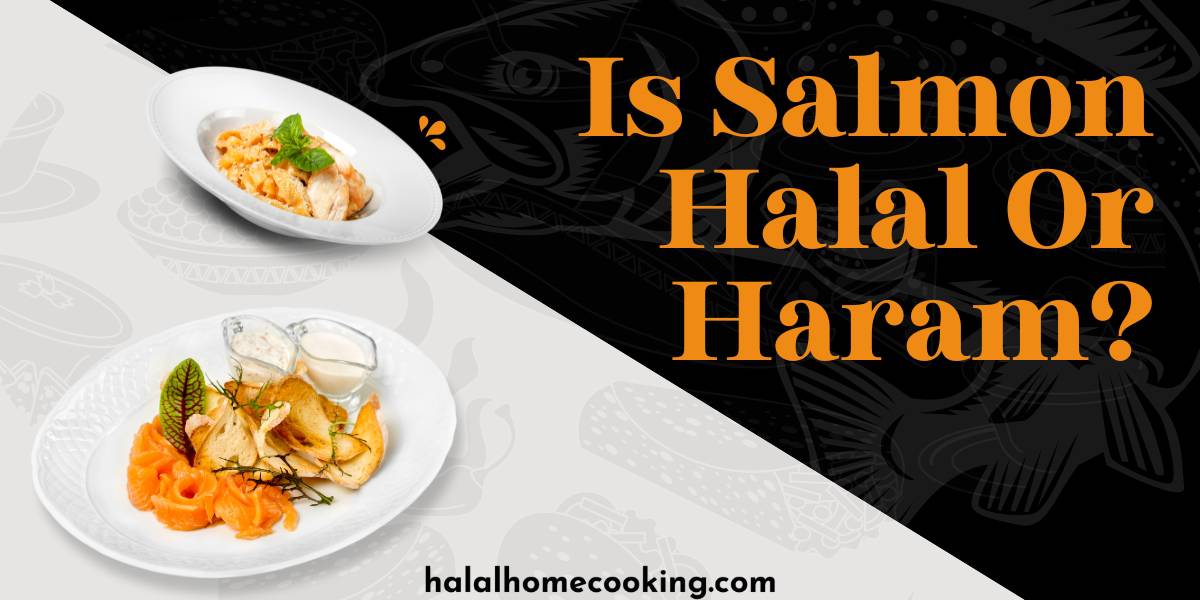Are you a seafood lover? If so, you might have wondered whether certain types of seafood are halal or haram according to Islamic dietary laws. One such question that often revolves around the topic is: “Is salmon halal or haram?” To truly understand the answer, it is essential to delve into the teachings of Prophet Muhammad and the interpretations of Islamic scholars.
In Islamic law, halal refers to what is permissible or lawful, while haram signifies what is forbidden or unlawful. When it comes to fish, generally speaking, all forms are considered halal. This ruling stems from various hadiths (sayings) attributed to Prophet Muhammad in which he explicitly allowed consuming all types of fish caught from water without any specific requirement for their slaughter.
However, some factors need consideration within this broader perspective. For example, if a particular fish has been explicitly mentioned as being haram by either Prophet Muhammad himself or subsequent religious authorities following him (such as Shia scholars), then it would become impermissible for consumption.
Given the above understanding and delineation of Islamic guidelines, it can be concluded that salmon is considered halal fish. Nonetheless, in practice, it is always prudent to double-check with a knowledgeable Muslim scholar or halal certification body when in doubt about specific ingredients. By doing so, we ensure adherence to our religious obligations while enjoying the bounties of seafood cuisine.

Is Salmon Halal in Sunni?
In Sunni Islam, salmon is generally considered halal, meaning it is permissible to consume. This is because salmon falls under the category of fish, which is universally accepted as halal by Sunni scholars. According to Islamic dietary laws, seafood with fins and scales is allowed for consumption. Since salmon has both fins and scales, it meets the criteria and can be eaten by Sunni Muslims without any concern over its halal status.
Is Salmon Halal in Shia?
In Shia Islam, seafood including salmon is generally considered halal (permissible) to consume as long as it meets the necessary criteria for halal food. This includes being sourced from animals living in water, having scales, and being properly slaughtered according to Islamic guidelines. It should be noted that halal requirements may differ slightly among Shia scholars. Therefore, it is advisable to refer to the guidance of a trusted Shia Islamic authority or scholar for specific rulings regarding the permissibility of consuming salmon or any other food.
Checkout: Is Tuna FIsh Halal?
Is Salmon Halal in Hanafi?
In the Hanafi school of Islamic law, there are differing opinions regarding the permissibility of consuming seafood, including salmon. Some scholars consider all types of seafood to be permissible, while others may have specific conditions for it to be considered halal. One important factor to consider is whether the fish is alive or dead when caught. If the fish is caught alive, it is generally considered halal. However, if the fish is found dead in the water without being caught, it would
Some FAQs about different forms and types of Salmon –
Is Raw Salmon Halal?
No, consuming raw salmon is not halal.
Is Smoked Salmon Halal?
It depends on how it was prepared. If the smoking process did not involve any haram (forbidden) ingredients or processes, then yes, smoked salmon can be halal.
Is Salmon Sushi Halal?
Again, it depends on the source and preparation of the sushi. If the salmon used is halal and all other ingredients are permissible in Islam, then salmon sushi can be considered halal.
Is All Salmon Halal?
Not necessarily. The permissibility of consuming any type of salmon depends on various factors such as its source, method of slaughter, and potential cross-contamination with haram substances during processing.
Is Salmon Sashimi Halal?
Similar to raw salmon or sushi made with salmon, the permissibility of consuming salmon sashimi depends on its sourcing and preparation methods. If it meets Islamic dietary requirements and does not contain any prohibited elements, then it can be considered halal.
Is Salmon Roe Halal?
Generally speaking, consuming fish roe is acceptable in Islam. However, specifically for salmon roe, it would depend on the process of extraction. If it is obtained from a halal source and no haram ingredients are used in its processing, then salmon roe can be considered halal.
Is Pink Salmon Halal?
The term “pink salmon” refers to a specific species of salmon. As mentioned before, the permissibility of consuming any type of salmon depends on factors such as sourcing, preparation methods, and potential cross-contamination. Therefore, whether pink salmon is halal or not would depend on these criteria.

